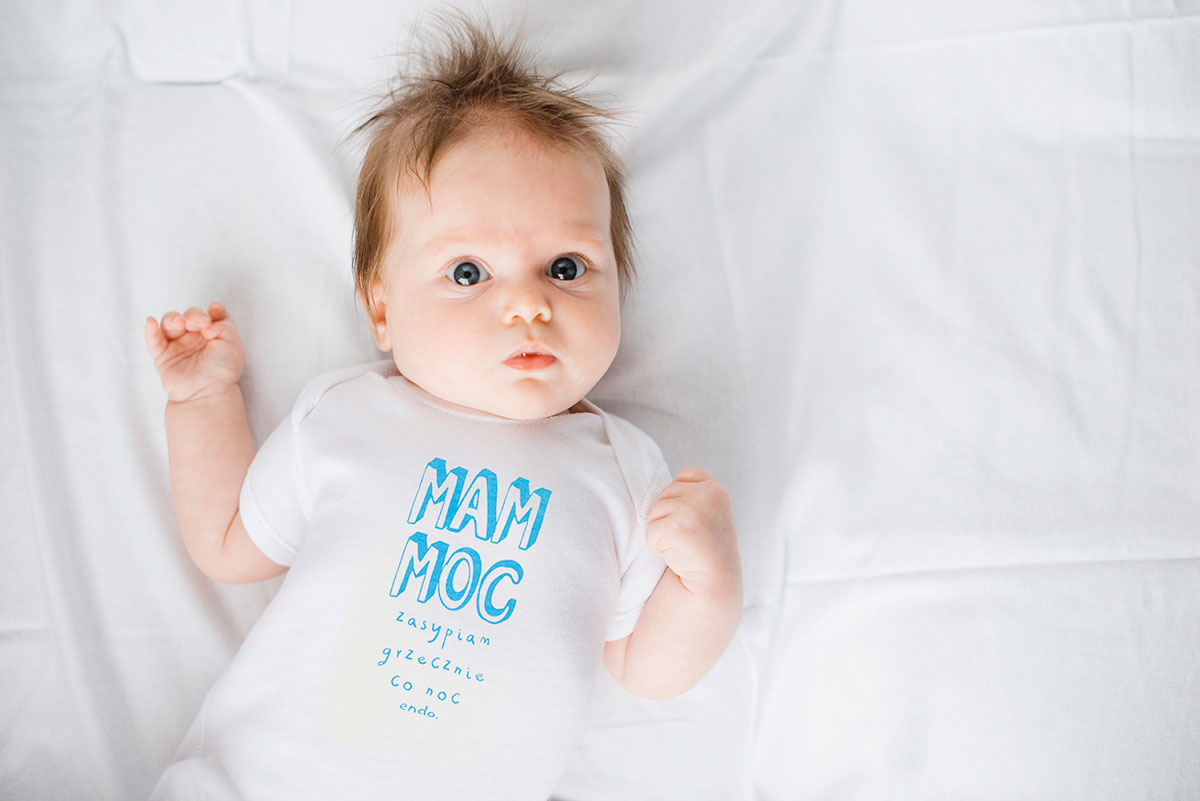 From this article you will learn:
From this article you will learn:- What is allergic contact dermatitis?
- What are the symptoms of an allergy to washing powder and other household chemicals?
- How to treat allergies in a small child
- Which products are recommended by the Institute of Mother and Child?
- What can replace chemicals during pregnancy and with a newborn?
- How to wash to minimize the risk of allergies
Babies and young children are particularly susceptible to allergies caused by laundry detergent. Every home should, as a preventative measure, use gentle and, if possible, natural cleaning products suitable for a toddler's sensitive skin. Recommendations from the Institute of Mother and Child can help us choose the right products.
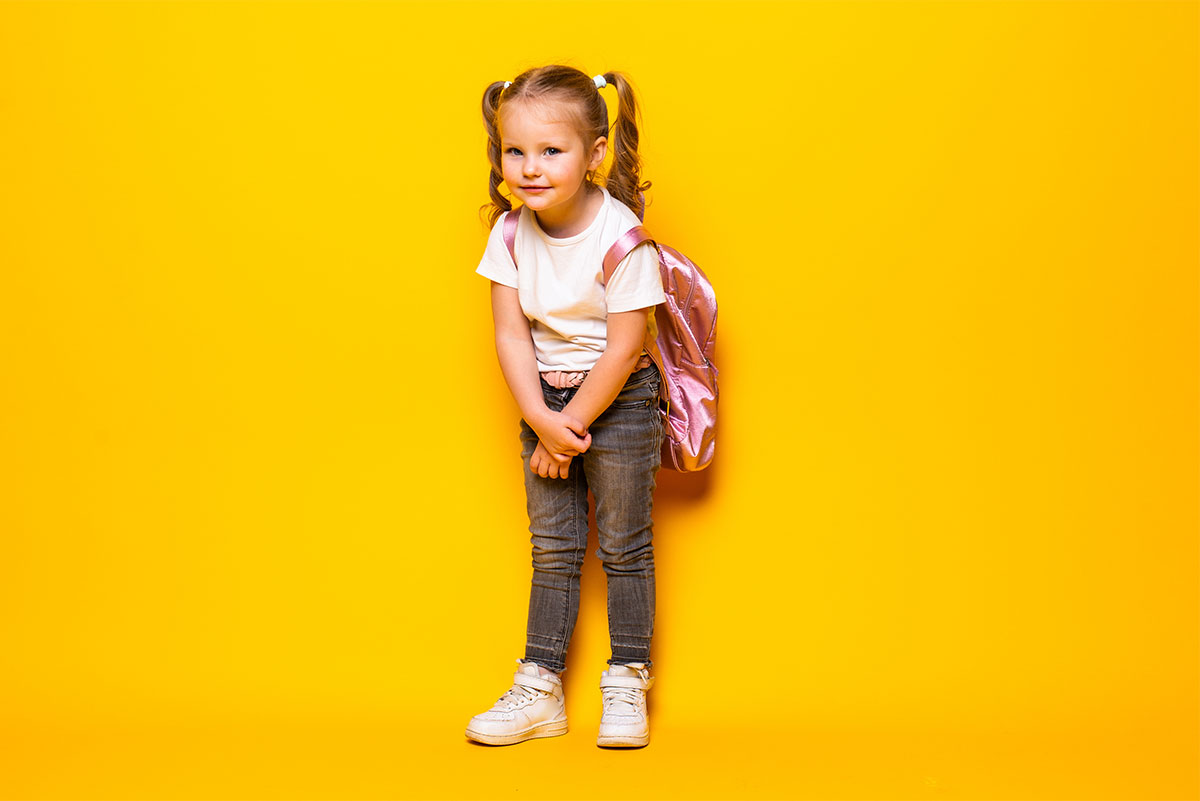
What is an allergy to household chemicals?
An allergy is the immune system's response to contact with an allergen. With every contact with a sensitizing substance, the immune system reacts with an inflammatory reaction at the site of contact. Preservatives and fragrances are the most common causes of allergies, which is why hypoallergenic products seem ineffective at first glance – they foam poorly and lack a "fresh scent." However, it is precisely because they lack these properties that we can avoid the unpleasant consequences of allergies .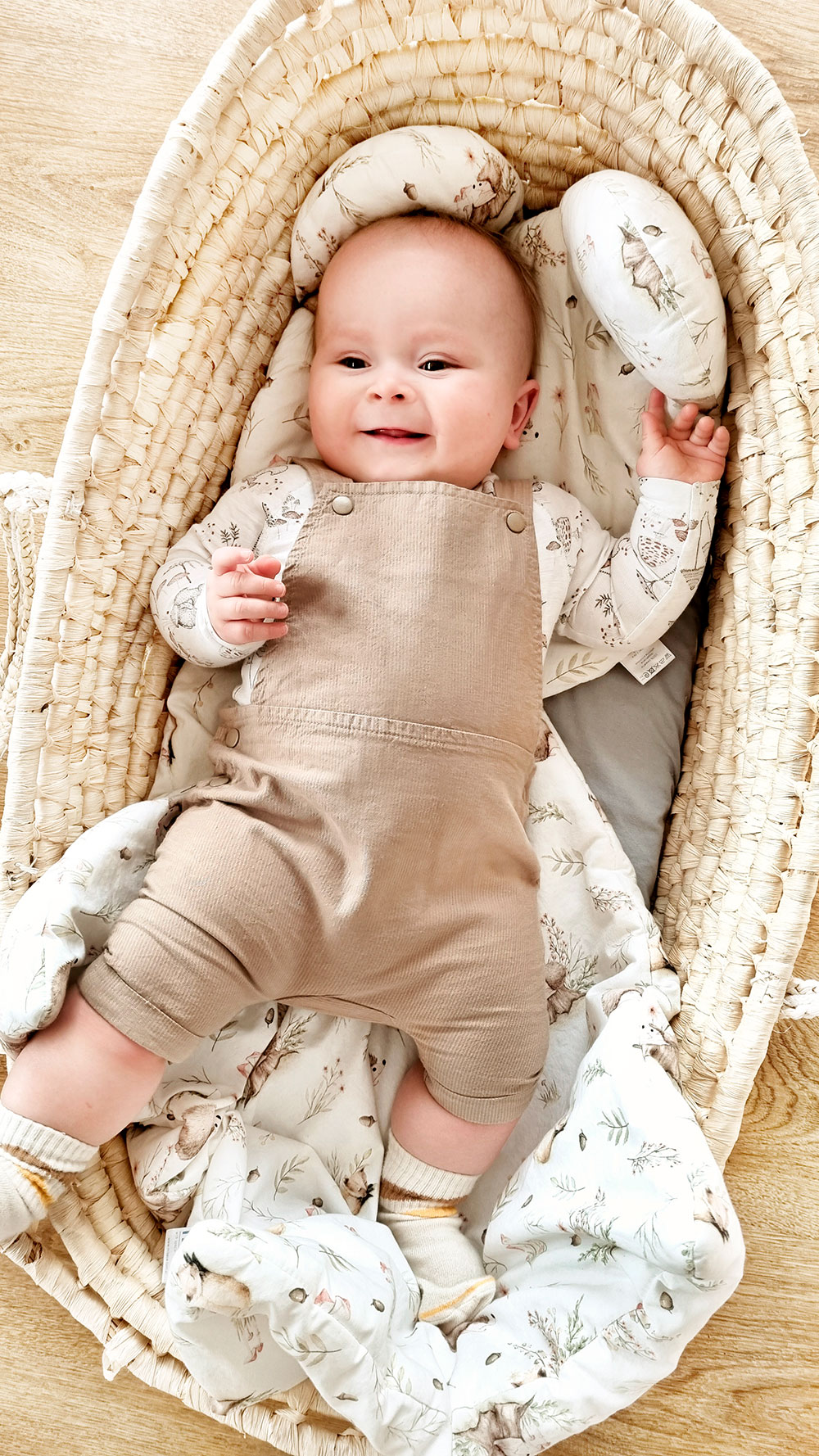
What are the symptoms of an allergy to washing powder and other chemical products?
Allergic contact dermatitis occurs when a child's skin comes into contact with a sensitizing substance. Allergies are particularly troublesome for babies, who don't understand why they feel discomfort. Therefore, you'll likely first notice your child's crying, irritability, and sleep problems. Typical symptoms of an allergy include:- itching in places where contact with the allergen occurred
- dry and red skin as with hives
- fluid-filled blisters
How to treat skin allergies in a child
If the allergy persists or additional disturbing symptoms appear, e.g. shortness of breath, you should immediately see a doctor for diagnosis and treatment.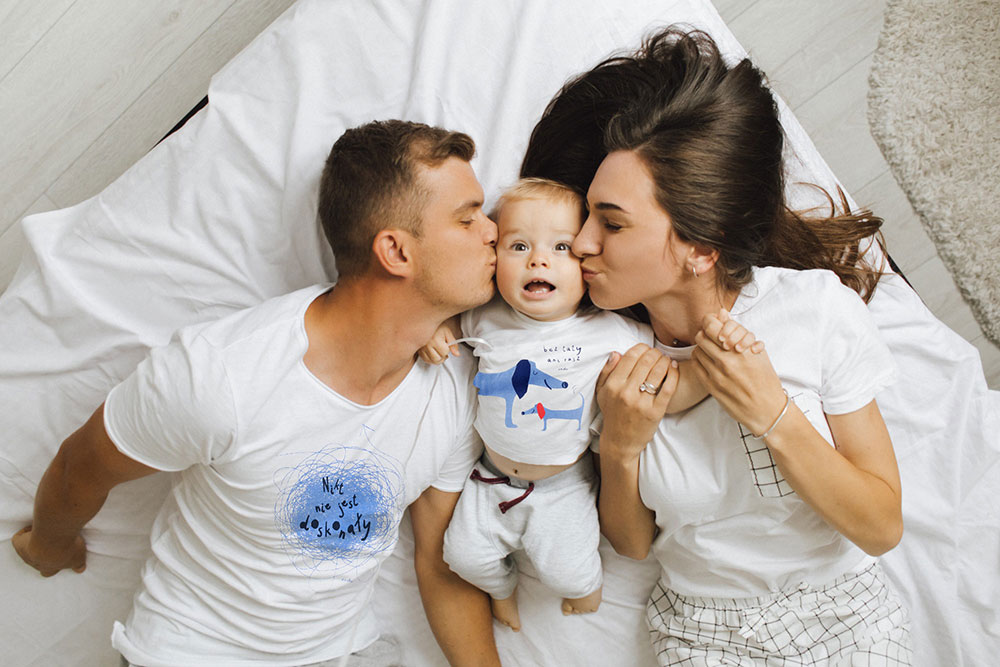 However, if we are already well acquainted with our toddler's symptoms of irritants, we can support him in several ways:
However, if we are already well acquainted with our toddler's symptoms of irritants, we can support him in several ways:- Above all, avoid allergens. Either through doctor testing or by observing your child, eliminate products containing ingredients that regularly cause rashes in your child.
- Replace chemicals with homemade, natural cleaning products.
- Use hypoallergenic cosmetics intended for sensitive baby skin
- Buy food, cosmetics, chemicals, clothes and toys from trusted manufacturers.
What laundry products should you choose for a child with allergies?
If you're unsure which cleaning products to choose to avoid allergies, you can consult the list of recommendations from the Institute of Mother and Child . For stubborn stains from cereal or carrots, choose Frosch Baby stain removal spray. For hand washing , hypoallergenic Jelp white and color laundry milk, suitable for babies from birth, and Dzidziuś laundry soap flakes are ideal . For machine washing, you can use Ludwik Baby Care laundry liquid or Lovela laundry capsules. Hypoallergenic Jelp 0+ laundry powder will leave your clothes soft without the need for fabric softeners.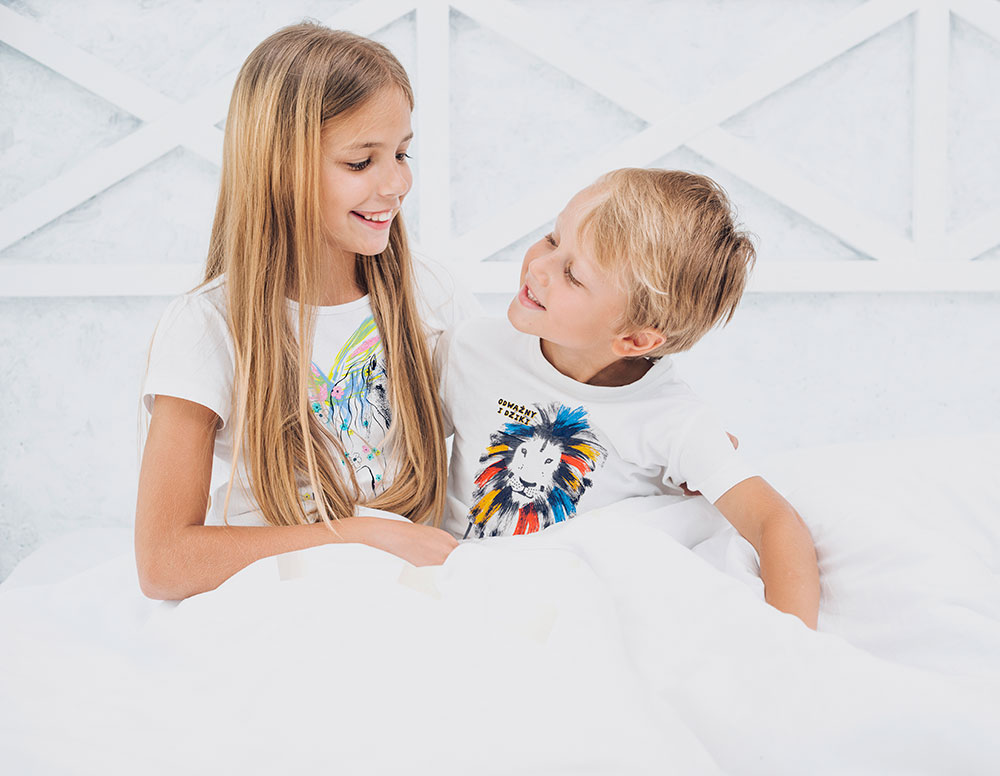
What can replace chemicals?
Laundry detergents aren't everything. Even if we use the right ones, introducing too many irritating chemicals into a child's environment will still cause a problem. We can replace some cleaning products with natural alternatives. The most common ingredients in homemade cleaning fluids are baking soda, vinegar, lemon, and simply water. Use common sense. Wiping dust in a child's room with a damp cloth is just as effective as using a dusting spray. Of course, we don't get the scent of a meadow or pine, but this scent, encoded in our consciousness as the "smell of cleanliness," is precisely an artificial scent containing irritating ingredients.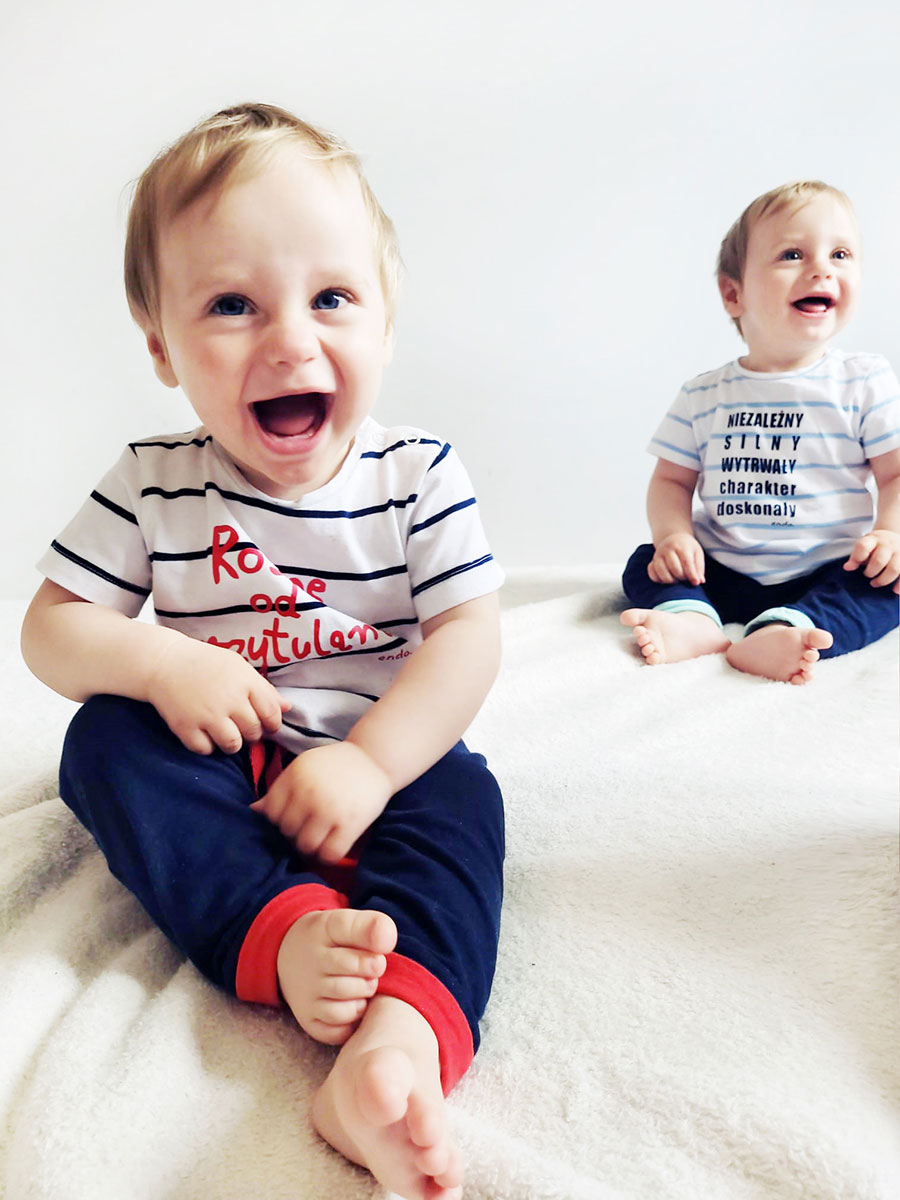
Proven methods for anti-allergy washing
Use a few tricks when washing that will help you prevent allergies- Choose hypoallergenic washing powders, ecological and natural, tested for allergies and use in washing children's clothes.
- Do not use additional washing chemicals, such as fabric softeners, fabric softeners, or bleach.
- Select the extra rinse program.
- Iron your baby's clothes after washing.
- If you are unsure about the origin of the clothes you have purchased, wash them before your child wears them for the first time.
- Wash baby's clothes separately.


Podziel się:
Socks That Do Good! – Endo's Charity Sock Series Now Available
The new school year from a dad's perspective - organization and responsibilities